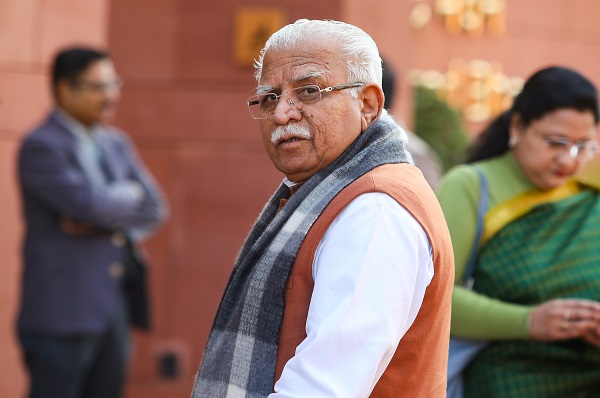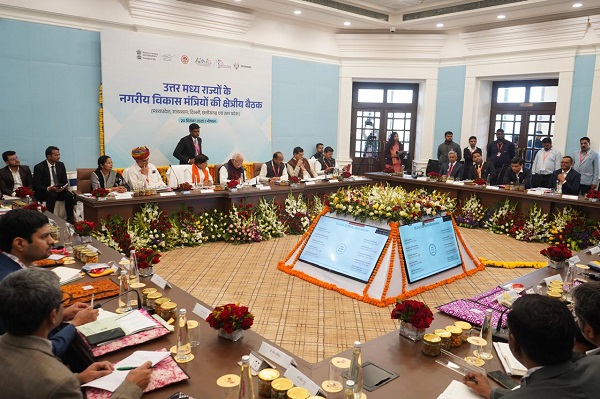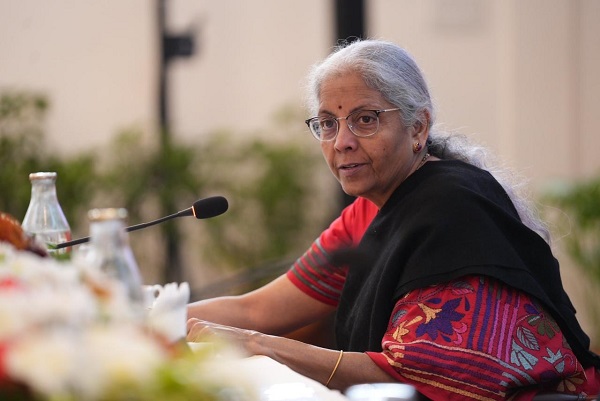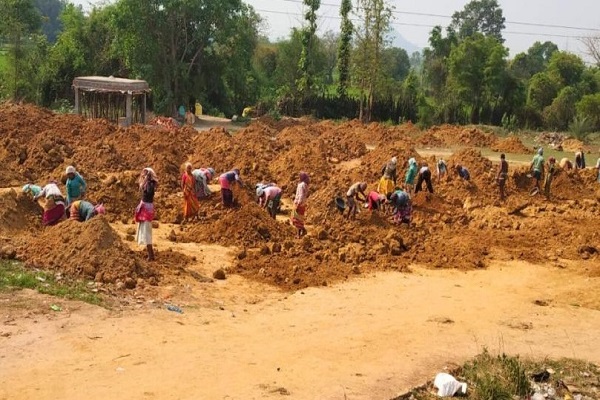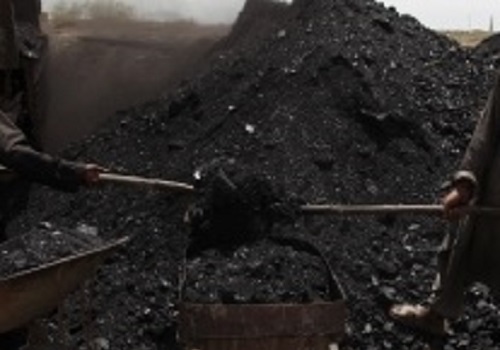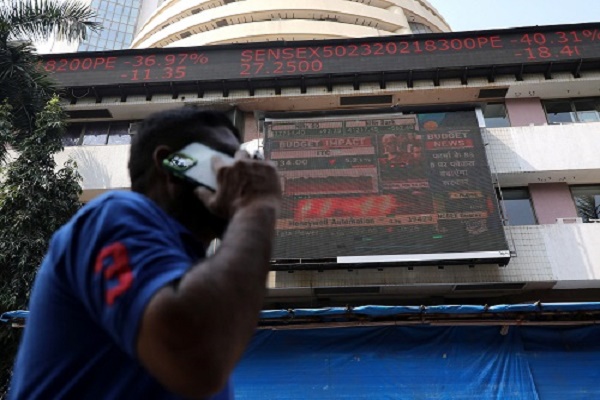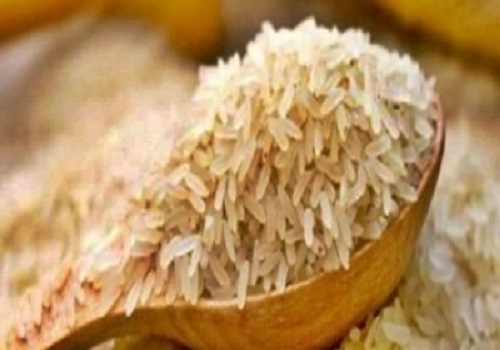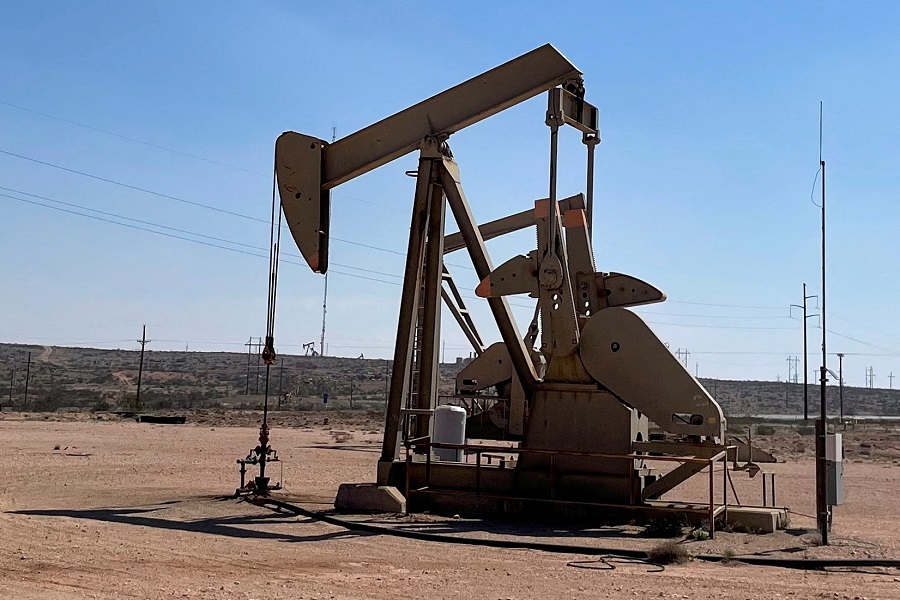Inclement Weather in Kerala`s Idukki District Severely Affects Cardamom Plantations, Prices Surge Amid Crop Damage by Amit Gupta, Kedia Advisory

Cardamom plantations in Kerala's Idukki district have suffered significant damage due to heavy rains and strong winds, leading to a fungal outbreak that is likely to impact productivity in the 2024-25 season. The harvest, typically starting in June-July, has been delayed to mid-September, with lower yields expected compared to the previous year. Despite the reduced crop, cardamom prices have surged to Rs.2,250 per kg, though demand remains subdued in domestic and export markets. The global supply is further strained by the El Niño-induced drought in Guatemala, a key competitor, contributing to potential price increases. The prolonged drought from January to May, coupled with recent weather damage, has reduced the expected crop to around 14,000 to 16,000 tonnes, nearly half of last year's yield. As a result, some growers are shifting to robusta coffee and black pepper cultivation due to better returns and crop resilience.
Highlights
* Heavy rains and wind damage cardamom plantations in Idukki, Kerala.
* Fungal outbreak likely to impact productivity in the 2024-25 season.
* Delayed harvest expected to start from mid-September due to weather conditions.
* Cardamom prices soar to Rs.2,250 per kg despite subdued demand.
* Shift towards robusta coffee and black pepper observed due to cardamom crop losses
The cardamom plantations in Kerala's Idukki district, a key region for cultivation, have been hit hard by inclement weather, with heavy rains and strong winds causing significant damage. The adverse weather conditions have led to a fungal outbreak, which is expected to affect productivity in the upcoming 2024-25 season. This has raised concerns among the farming community, as the impact on plant health is severe, particularly for small and marginal farmers who are the backbone of the sector.
Due to the weather-related disruptions, the harvest season, which typically begins in June-July, has been delayed to mid-September. With the harvest yet to start, productivity is projected to decline compared to the previous year. Despite the bleak outlook for the crop, prices in the auction market have surged to Rs.2,250 per kg. However, demand remains subdued in the upcountry consuming centres, especially during these lean months. Additionally, the export market has shown little positive momentum, with no significant demand for premium grades like 7-8 mm and 8 mm, typically sought by international buyers.
The cardamom market is also being influenced by global factors, with the El Niño-induced drought in Guatemala, a competing producer, further tightening supply. This is expected to contribute to a sharp price rise globally. In India, the prolonged drought from January to May, coupled with subsequent damages from wind and rain, has reduced the expected crop to around 14,000 to 16,000 tonnes, nearly 50% of last year's yield. Some growers, especially those outside the Cardamom Hill Reserve (CHR), are now shifting to robusta coffee and black pepper cultivation, driven by record prices and the near-total loss of cardamom plants.
Conclusion
Cardamom prices are likely to remain elevated due to poor crop yield, with supply constraints in both domestic and global markets potentially driving further increases.
Above views are of the author and not of the website kindly read disclaimer


